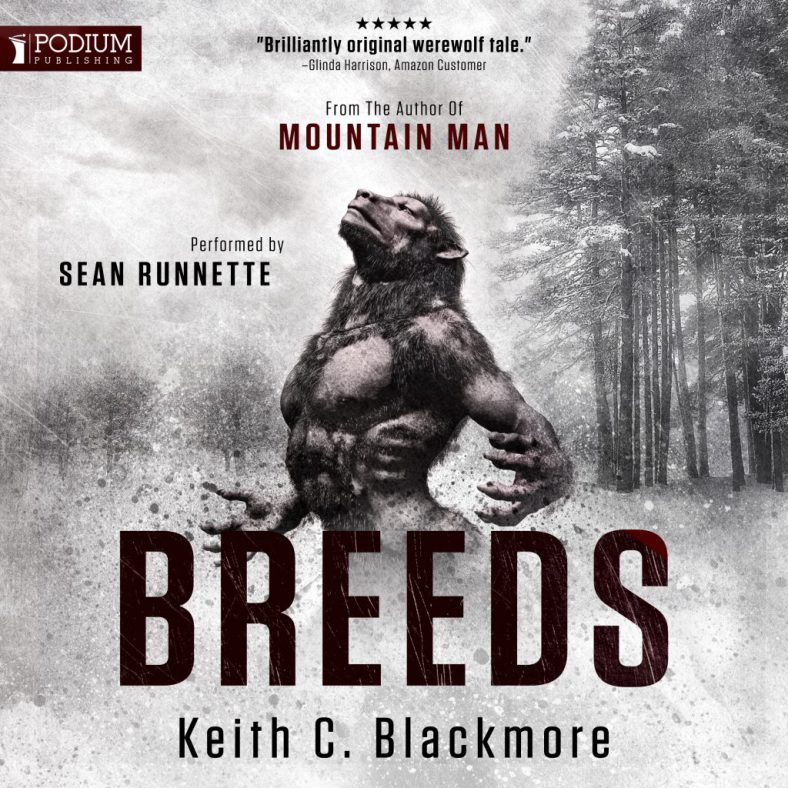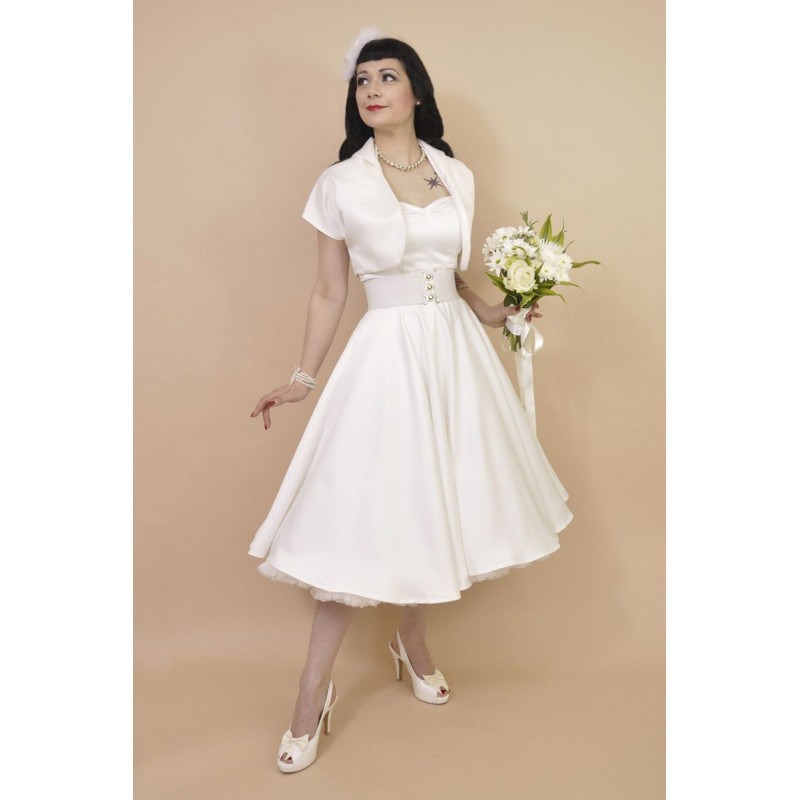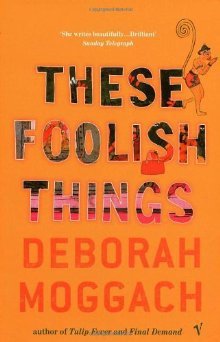 Daft Apeth. Does the slogan on one of my favorite mugs (see picture, left) mean anything to you?
Daft Apeth. Does the slogan on one of my favorite mugs (see picture, left) mean anything to you?
The internet (yourdictionary.com) defines it thus:
apeth. Noun. (plural apeths) A halfpennyworth. (Northern England, informal) An affectionate term for a silly or foolish person.
My mug was made by a company called Dialectable. I saw it in a shop window in rural Derbyshire and knew I had to buy it, because daft apeth was one of my dad’s go-to descriptions. It’s definitely English, unmistakably Northern, and while you might occasionally hear it today, it’s dated. The half-penny in question is pre-decimal, a coin that was de-monetized almost fifty years ago.
Told you that to tell you this: if I read the phrase daft apeth in a novel, I’d be immediately transported to 1960’s Derbyshire. For me, those two small words would be more effective than a page of description. For you? I’m guessing not so much.
I’ve been mulling this over since Elizabeth said in her Wednesday post (What Have You Been Reading?) of Georgette Heyer’s Frederica:
the vast amount of slang, cant, and unfamiliar phraseology made it a little more challenging for the modern reader than some of her other stories.
Word choice is an important part of world-building. The picture drawn by the author feels more natural and vivid if the characters use words and phrases that match their worldview and the story’s time and place. So, for example, my heroine Alexis grew up in a monastery. She’s educated but not sophisticated. She knows plenty of words for prayers, and manuscripts, and fighting, but she wouldn’t have any vocabulary to describe hairstyles or jewelry or fashionable clothing.
Dialect, slang, and cant take a step deeper into the language of a world. They are insider choices that can evoke a particular time, place, social status or other grouping.
Dialect is regional: language peculiar to a specific region or social group.
Slang is informal: words and phrases more commonly spoken than written, typically restricted to a particular context or group of people; and
Cant is pejorative: language specific to a particular group or profession and regarded with disparagement.
The upside of using them is that they are particular. If they resonate with the reader, they can provide a quick entry deep into a world.
The downside is the problem described by Elizabeth. They’re narrow in scope and less likely to be familiar to the casual reader, who risks being thrown out of the story and may decide not to return.
My WIP is set in a vaguely sixteenth-century, loosely British landscape, and I find myself dithering over word selection on a fairly frequent basis. There are some choice phrases in Francis Grose’s A Classical Dictionary of the Vulgar Tongue that I’ve enjoyed but rejected (here’s a good one–gravy-eyed: bleary-eyed, one whose eyes have a running humor). I want my world to be authentic, but not incomprehensible.
My current thinking is as follows:
- I prefer dialect, slang and cant to accents. In general, authors who mis-spell words to indicate accents distract and annoy me.
- Like herbs and spices, they should be used sparingly. The trick is to add flavor without overpowering the main dish.
- If you’re building on the word choices of other well-known authors (like writers of Regency romances after Heyer), you’ll probably enjoy a little more leeway.
- If the meaning is obvious, that’s a good word choice. In my WIP I have the petulant Crown Prince Darryl describe Alexis as a pickpurse rather than a thief.
- If the meaning isn’t obvious, it’s probably a good idea to use the context to make it clear or have another character elucidate somehow, at least the first time.
- If you’re using a lot of unfamiliar language, consider providing a glossary. I believe Peter Temple did this in the international editions of his Melbourne-based murder mysteries (black Aspro for a cola-based soft drink as a hangover remedy).
What do you think?
Is there a particular word or phrase that would drag you deep into a place or time?
Do you like a little dialect, slang or cant to add flavor to your reading material? How much will you tolerate before it becomes too tiresome to continue?
Edited to add:
Thanks, Kay, and Anne, for adding to my vocabulary. I saw this drinking fountain in Kuala Lumpur a couple of weeks ago and immediately thought ha! bubbler!







